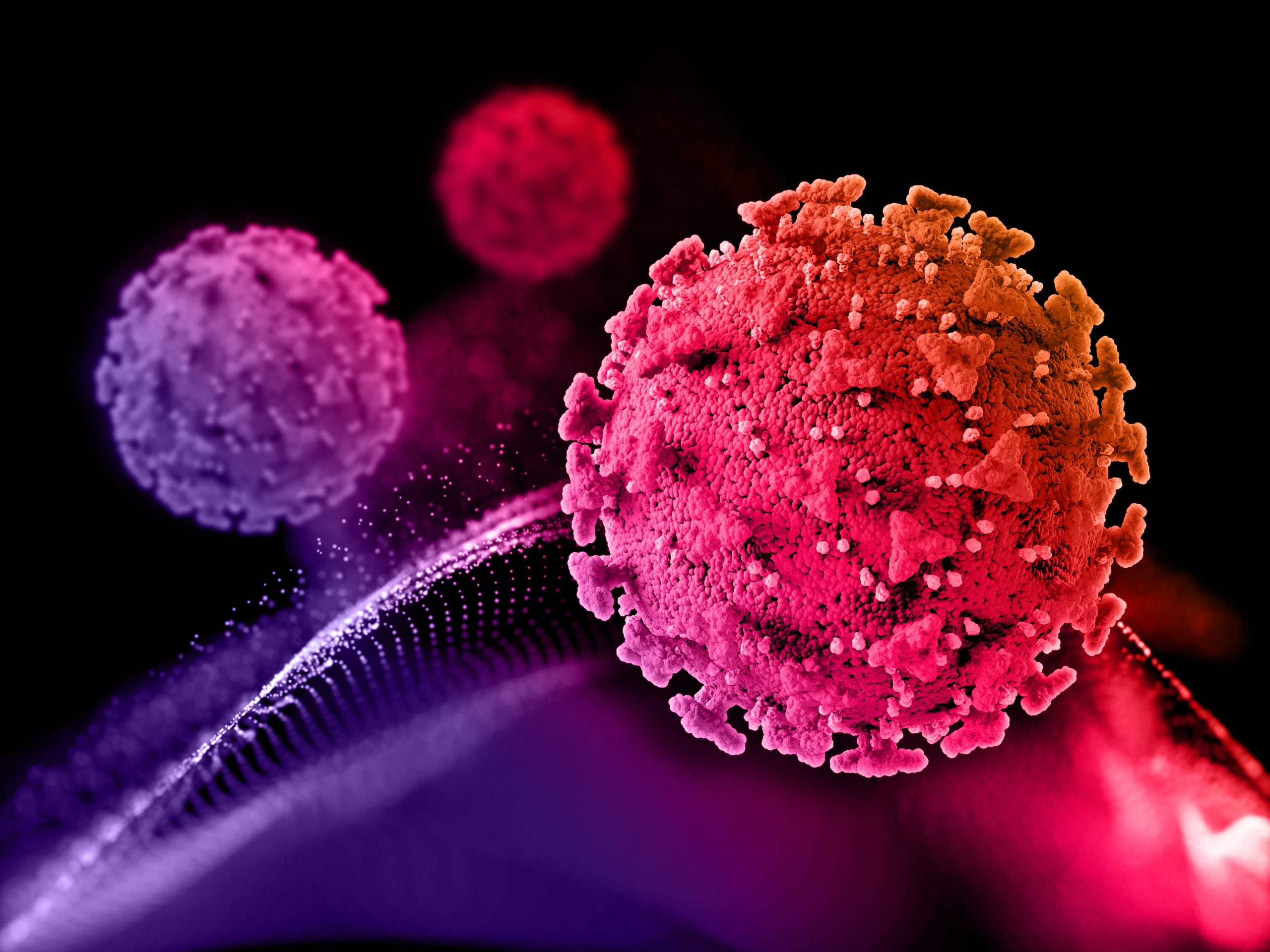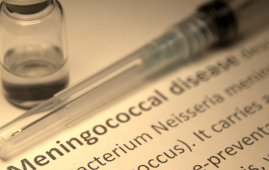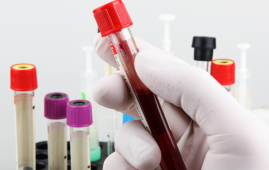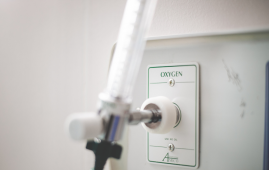

A symposium was presented at the 52nd Annual Meeting & Exhibition of the AADOCR, which was held in conjunction with the 47th Annual Meeting of the CADR, with the goal of advancing knowledge of the tumor microenvironment, immune tolerogenic niches at cancer initiation, and novel immunotherapeutic approaches in patients with head and neck cancer. The Oregon Convention Center in Portland hosted the AADOCR/CADR Annual Conference & Exposition from March 15–18, 2023.
A promising new treatment option for head and neck cancer (HNC), cancer immunotherapy has emerged as a result of a better understanding of tumor immunology during the past 20 years. Yet, it is now evident that not all cancers have the same immunological profiles, and many are immune-refractory to immunotherapy.
In order to more precisely predict prognosis and create therapeutic methods that can make cancers receptive to immunotherapy and the immunologic effects of conventional medications, it is necessary to better comprehend the complex tumor microenvironment.
This symposium, which was put together by Simon Young of the University of Texas Health Science Center at Houston, gave a high-level overview of exciting developments in understanding the tumor microenvironment, including the intricate immunosuppressive mechanics of the extracellular matrix, the development of an immune tolerogenic niche at cancer initiation, and the potential of novel immunotherapeutic approaches to target the unfavorable tumor immune microenvironment in head and neck cancer.
The main clinician-scientist speakers covered a wide range of subject matter, including current issues in HNC surgical oncologic ablation methods and the development of the immunological tolerogenic niche during cancer beginning. Novel approaches to combat fibrotic inflammation and biomaterial-based methods of cancer immunotherapy and drug delivery to the immunosuppressive tumor microenvironment came next.
The symposium was designed for dental students, graduate students, dentists, dentist-scientists, and other professionals who wanted to learn more about the tumor immune microenvironment and how cancer immunotherapy will affect patients with head and neck cancer. Both clinicians and researchers were the intended audiences for this workshop.
more recommended stories
 New Blood Cancer Model Unveils Drug Resistance
New Blood Cancer Model Unveils Drug ResistanceNew Lab Model Reveals Gene Mutation.
 Osteoarthritis Genetics Study Uncovers New Treatment Hope
Osteoarthritis Genetics Study Uncovers New Treatment HopeOsteoarthritis- the world’s leading cause of.
 Antibody Breakthrough in Whooping Cough Vaccine
Antibody Breakthrough in Whooping Cough VaccineWhooping cough vaccine development is entering.
 Scientists Unveil Next-Gen Eye-Tracking with Unmatched Precision
Scientists Unveil Next-Gen Eye-Tracking with Unmatched PrecisionEye-tracking technology has long been a.
 Men5CV: Hope for Ending Africa’s Meningitis Epidemics
Men5CV: Hope for Ending Africa’s Meningitis EpidemicsA landmark global health study led.
 Stem Cell Therapy Shows 92% Success in Corneal Repair
Stem Cell Therapy Shows 92% Success in Corneal RepairA groundbreaking stem cell therapy known.
 Gene Therapy for Maple Syrup Urine Disease
Gene Therapy for Maple Syrup Urine DiseaseResearchers at UMass Chan Medical School.
 How Fast Are Your Organs Aging? Simple Blood Test May Tell
How Fast Are Your Organs Aging? Simple Blood Test May TellNew research from University College London.
 HEALEY Platform Accelerates ALS Therapy Research
HEALEY Platform Accelerates ALS Therapy ResearchA New Era of ALS Clinical.
 Low-Oxygen Therapy in a HypoxyStat Pill? Scientists Say It’s Possible
Low-Oxygen Therapy in a HypoxyStat Pill? Scientists Say It’s PossibleA New Approach to Oxygen Regulation-HypoxyStat.

Leave a Comment